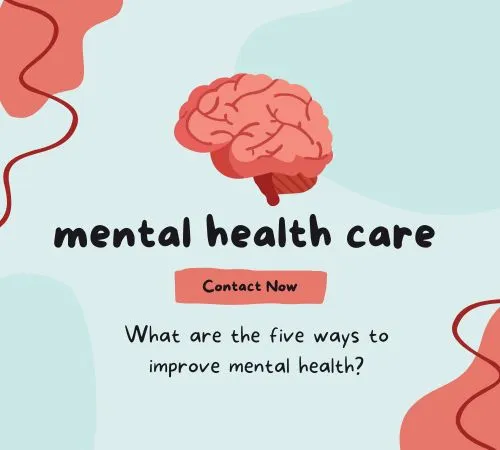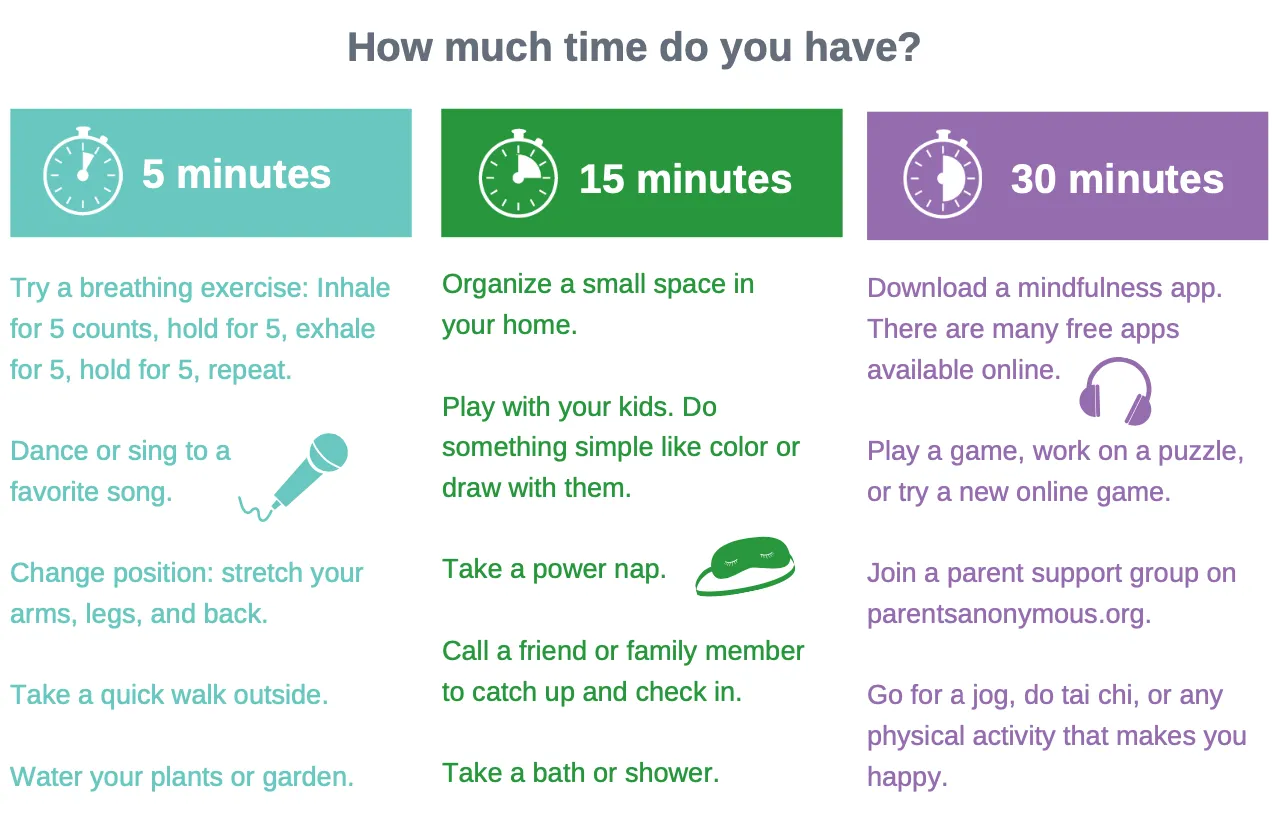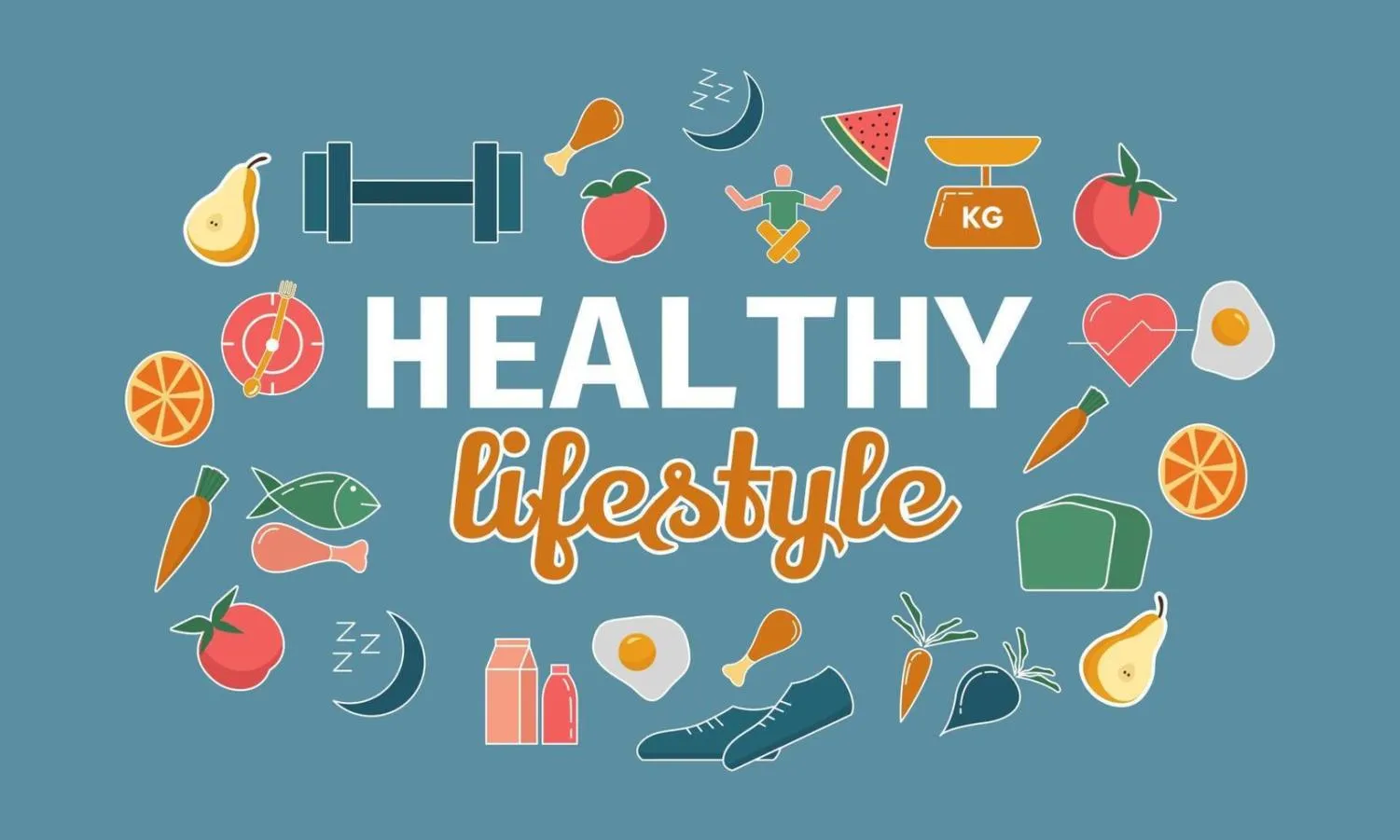Mental health is a vital aspect of overall well-being, encompassing emotional, psychological, and social well-being. It affects how we think, feel, and behave in daily life. While challenges to mental health are common, there are numerous ways to nurture and improve it naturally. This article explores practical, research-backed strategies to enhance mental health and lead a more fulfilling life.
1. Prioritize Self-Care
Self-care involves making time for activities that promote relaxation and joy. It’s an essential aspect of maintaining mental health. When you care for yourself, you replenish your energy and build resilience against stress.
Tips for Self-Care:
- Set boundaries: Learn to say no to commitments that overwhelm you.
- Engage in hobbies: Dedicate time to activities that bring you happiness, such as painting, reading, or gardening.
- Practice relaxation techniques: Deep breathing, meditation, or even a warm bath can reduce stress levels.
Self-care is not selfish; it is a necessary step toward improving your overall well-being.
2. Stay Physically Active
Exercise is not just beneficial for physical health—it’s a powerful tool for improving mental health as well. Physical activity triggers the release of endorphins, often called “feel-good” hormones, which can alleviate stress and anxiety.
Best Exercises for Mental Health:
- Cardio workouts: Running, swimming, or brisk walking can improve mood and energy levels.
- Yoga: Combines physical movement, mindfulness, and breathing for a holistic mental health boost.
- Strength training: Improves self-esteem and reduces feelings of depression.
Aim for at least 30 minutes of moderate exercise most days of the week to experience lasting benefits.
3. Connect with Others
Strong social connections are fundamental to good mental health. Interacting with friends, family, or supportive community members provides a sense of belonging and emotional security.
Ways to Build Connections:
- Schedule regular meetups: Spend quality time with loved ones in person or through virtual platforms.
- Join support groups or clubs: Find people with similar interests or experiences.
- Volunteer: Helping others can foster a sense of purpose and strengthen your social network.
If you feel isolated, reaching out to someone can be the first step toward rebuilding meaningful relationships.
4. Maintain a Balanced Diet
Your brain needs proper nutrition to function optimally. Eating a balanced diet not only supports physical health but also has a direct impact on mental well-being.
Foods That Boost Mental Health:
- Omega-3 fatty acids: Found in salmon, walnuts, and chia seeds, they improve brain health and reduce depression.
- Complex carbohydrates: Whole grains, oats, and legumes stabilize blood sugar and mood.
- Antioxidant-rich foods: Berries, spinach, and green tea combat oxidative stress linked to mental health issues.
Avoid excessive sugar, caffeine, and processed foods, as these can exacerbate feelings of anxiety and depression.
5. Get Quality Sleep
Sleep is essential for mental and emotional regulation. Poor sleep can increase irritability, stress, and difficulty concentrating, while good sleep promotes emotional resilience and cognitive function.
Tips for Better Sleep:
- Establish a consistent sleep schedule by going to bed and waking up at the same time each day.
- Create a calming bedtime routine, such as reading, meditating, or taking a warm shower.
- Limit caffeine and screen time before bed to improve sleep quality.
- Ensure your sleep environment is dark, quiet, and comfortable.
Adults should aim for 7-9 hours of quality sleep per night.
6. Practice Gratitude
Gratitude is a simple but powerful way to shift your focus from negative thoughts to positive ones. Regularly practicing gratitude can improve mood, enhance relationships, and increase overall satisfaction with life.
How to Practice Gratitude:
- Keep a gratitude journal: Write down three things you’re thankful for each day.
- Express appreciation: Share your gratitude with others, either verbally or through small acts of kindness.
- Reflect on positives: Spend a few minutes each day thinking about what went well and why.
Gratitude fosters optimism, which is key to mental well-being.
7. Engage in Mindfulness and Meditation
Mindfulness involves paying attention to the present moment without judgment. Meditation is a mindfulness technique that can reduce stress, improve focus, and enhance emotional health.
Simple Mindfulness Practices:
- Body scan meditation: Focus on each part of your body, starting from your toes and moving upward.
- Breathing exercises: Inhale deeply for four counts, hold for four counts, and exhale slowly for six counts.
- Mindful eating: Savor each bite, paying attention to the taste, texture, and aroma of your food.
Mindfulness helps you manage emotions and reduce the mental clutter that often contributes to stress.
8. Set Realistic Goals
Having goals gives you a sense of purpose and direction. However, setting overly ambitious or vague goals can lead to frustration and stress. Break down your goals into smaller, achievable steps.
SMART Goals Framework:
- Specific: Define clear and focused objectives.
- Measurable: Track your progress to stay motivated.
- Achievable: Ensure your goals are realistic given your resources.
- Relevant: Align goals with your values and priorities.
- Time-bound: Set deadlines to maintain focus.
Accomplishing small milestones builds confidence and improves mental health.
9. Limit Screen Time
Excessive use of screens, particularly social media, can contribute to feelings of anxiety, depression, and inadequacy. Taking regular breaks from technology can improve your mental clarity and reduce stress.
How to Reduce Screen Time:
- Set specific time limits for social media and non-essential browsing.
- Designate “tech-free” zones or hours in your home.
- Replace screen time with other activities, such as reading, exercising, or spending time outdoors.
Being mindful of your digital habits fosters a healthier mental environment.
10. Seek Professional Help When Needed
While self-care and lifestyle changes can significantly improve mental health, there are times when professional help is necessary. Therapists, counselors, and psychiatrists are trained to help individuals navigate complex mental health challenges.
Signs You May Need Professional Help:
- Persistent feelings of sadness or hopelessness.
- Difficulty managing daily tasks or responsibilities.
- Excessive worry, fear, or panic attacks.
- Thoughts of self-harm or suicide.
Seeking help is a sign of strength, not weakness. Professionals can provide tailored strategies and support to help you feel better.
Conclusion
Improving mental health is a journey that requires consistent effort and self-compassion. By incorporating practices like self-care, mindfulness, physical activity, and social connection into your routine, you can build resilience and enhance your quality of life. Remember, mental health is just as important as physical health, and it’s never too late to start prioritizing it.




